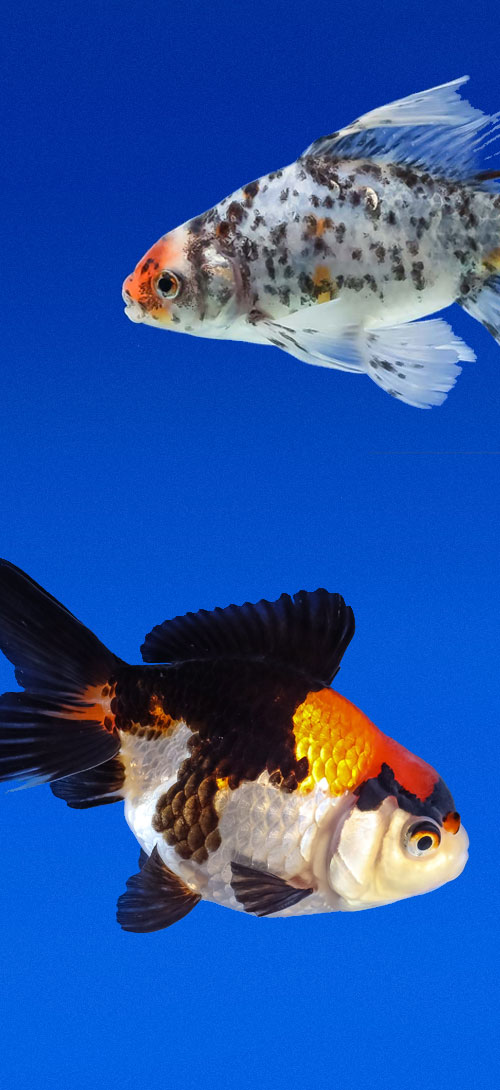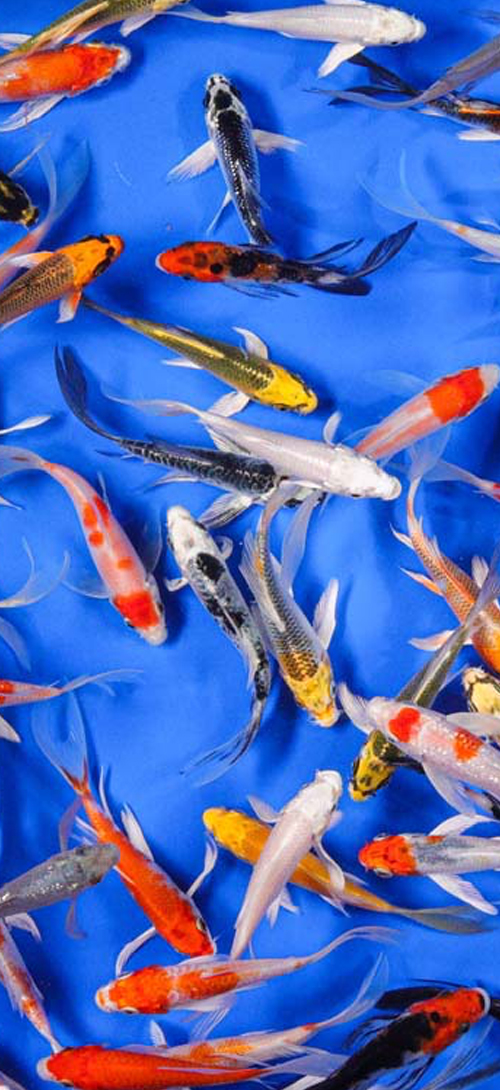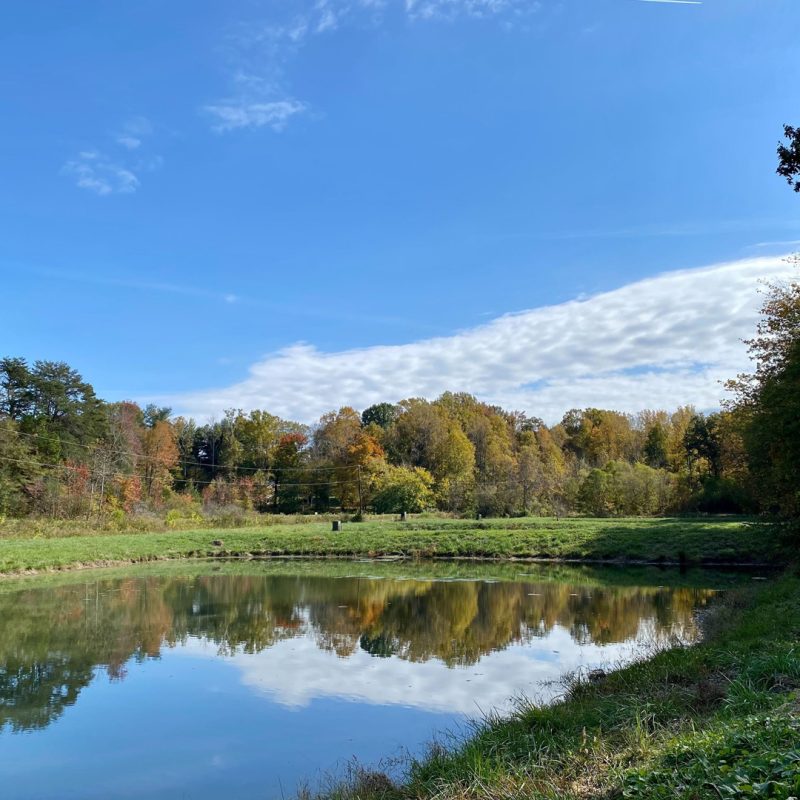Koi Fish Facts
The Koi Lifespan
Some people mistakenly think that pond fish are low-maintenance pets with a relatively short commitment. What they don’t know is that koi are particularly notorious for their long lifespans. But what makes it this way?
There are a number of factors that contribute to these living jewels’ long lifespan, ranging from general pond maintenance to genetic and environmental factors. Read on to learn how long you can expect your koi to live, how to tell their age, and how best to take care of your koi to give them the longest, healthiest life possible.
How Long Do Koi Live?
Did you know that, besides humans, whales and tortoises, koi are actually one of the longest living vertebrae creatures on earth? The lifespan of koi depends on a few factors, including how they were bred, the type of breed they are, environmental factors, and good old-fashioned genetics. If you’re a pond owner, the lifespan of your koi will also depend on the conditions of your pond water and the overall ecosystem surrounding it.
Koi kept in optimal conditions (meaning excellent water quality and pH levels, feeding your koi the right nutrition, keeping your pond ecosystem clean and safe) can live as long as 50 or 60 years. There are even some Japanese koi that can live up to 200 years. However, koi kept in low-maintained environments only have a life expectancy of 3-5 years. On average, seasoned pond owners and knowledgeable koi collectors often can expect koi to live around 25-35 years. Though there are exceptions, you should have no problem giving your koi a long, healthy life with the proper care and resources.
How Can I Tell How Old My Koi Are?
You can usually tell the age of a koi by its size. For example, a 2-inch koi is likely in its first year of life, while a koi of 4.5 inches or longer is one year or older. You may not be able to tell its exact age unless you added it to your pond in year 0 and keep a close eye, but a larger body indicates an aging koi. If you want to get into the nitty-gritty of their exact age, you would need to check your koi’s otolith, or ear bone, for an indication. Of course, you will need to call in a professional aquatic veterinarian specialist for this one, though.
How Can I Help My Koi Live as Long as Possible?
While some factors are out of your control, the good news is that there are several things you can do to make sure your koi live in the most optimal conditions for the longest possible lifespan.
Start from the very beginning: purchasing your koi. You want to limit stress during travel time as much as possible, which is what we specialize in here at Next Day Koi. We’ll make sure your koi are delivered in the shortest time frame possible with the least amount of stress.
Once they’re in your hands, you want to ensure their water ecosystem is clean, free of debris, and properly aerated. We have some tips on keeping your pond well maintained. The basics are making sure you have a good filtration system, enough plants to keep your pond shaded and free of harsh sunlight, and keeping the water free of any harmful bacteria or algae.
Your koi’s diet is also a major component of their lifespan, so try and avoid the temptation of cheap fish food if you want to maximize their lifespan. Always make sure to read the label of any food you consider purchasing for your koi to ensure the food is free of harmful ingredients or toxins. We always recommend Blue Ridge Koi Koi & Goldfish Food, which provides premium ingredients and high-quality nutrition. In addition to store-bought food, many koi hobbyists and pond owners feed their koi vegetables, insects, watermelon, rice, and protein such as dried shrimp.
The geography of your pond also has a major influence on your koi’s lifespan. For example, the hot sun can cause algae and bacteria in your pond, leading to less than optimal water conditions for your koi that can lead to illness. Keep your pond cool and shaded in the summer. Rain also decreases oxygen in your water, which can hurt koi digestion, so you’ll want to keep your pond properly filtered. An air pump or waterfall in your pond can help keep your water properly oxygenated without overdoing it. Choosing the right filter for your pond and setting it up correctly can also help remove any excess food particles or debris before they build up in your pond and cause your water quality to deteriorate. Plants are also an excellent way to keep your pond–and koi–in tip-top shape.
But What About That Koi That Lived To Be 200 Years?!
Allegedly, a koi named Hanako lived a record 226 years. Hanako, which translates to “flower girl” or “flower maid” in Japanese, is said to have been born in Japan in 1751 and died in July 1977. However, it seems more likely that this story is just internet lore. Regardless, given the right conditions, you can expect your koi to live for up to 45 years.
Ready to add a new Koi or Butterfly Koi to your pond? Shop now!




